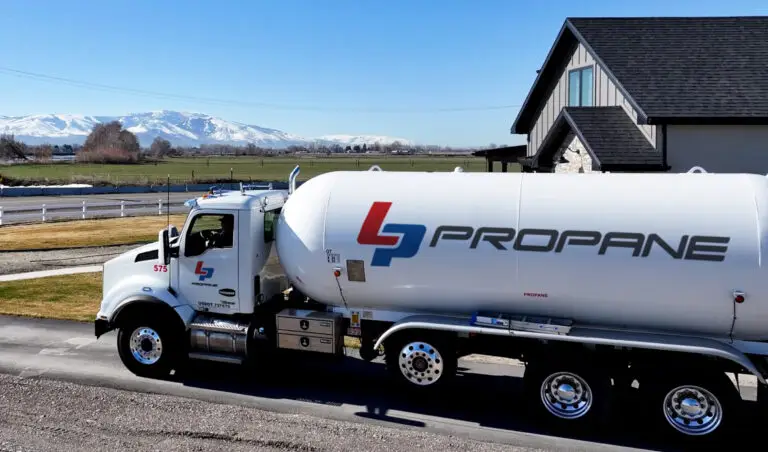
How to Safely Decommission an Old Propane Tank: Step by Step
How to Safely Decommission an Old Propane Tank: Step by Step Propane tanks are meant to endure, but, as with everything, they too get worn out. Either because of age, damage, or a shift in fuel source, retirement of a
